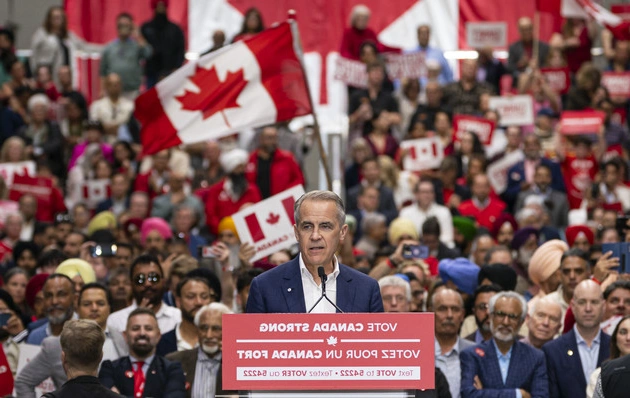
As Canada embarks on a new phase of trade relations with the United States under Prime Minister Mark Carney’s leadership, the dynamics of diplomatic negotiations and economic leverage come into sharp focus.
Fresh off his election victory, Carney vowed to confront U.S. President Donald Trump on trade issues. However, the White House’s current focus on other trade negotiations provides Canada with an opportunity to carefully strategize its approach.
Domestic Challenges and Strategic Planning
Canadian experts emphasize the need for a methodical approach, considering the existing domestic political pressures and Canada’s trade deficit with the U.S. Before engaging in talks, Carney’s government must consolidate internal coalitions and define clear objectives.
Experts suggest that Canada’s strategy should balance defensive and offensive priorities in trade negotiations, aligning with the nation’s economic interests.
External Factors and Negotiation Timelines
While the Trump administration projects confidence in these negotiations, the intricacies of trade agreements and sector-specific tariffs pose challenges for both countries.
The ongoing review of the U.S.-Mexico-Canada Agreement and the looming threat of tariffs add complexity to the dialogue between Canada and the U.S.
Strategic Recommendations and Economic Leverage
Experts advocate for a unified Canadian approach, emphasizing energy resources as key bargaining chips in negotiations. Leveraging Alberta’s fossil fuels, Saskatchewan’s minerals, and Canada’s critical mineral wealth could strengthen Canada’s position at the negotiating table.
Additionally, reviving projects like the Keystone XL pipeline could offer mutually beneficial outcomes, addressing U.S. energy security concerns.
Long-Term Implications and Congressional Approval
Amidst evolving trade dynamics, Canada must prioritize sustainable agreements that garner congressional approval in the U.S. This ensures the durability of any deal struck with the White House.
As Canada navigates the intricate web of North American trade relations, the need for strategic foresight and collaborative diplomacy remains paramount.











